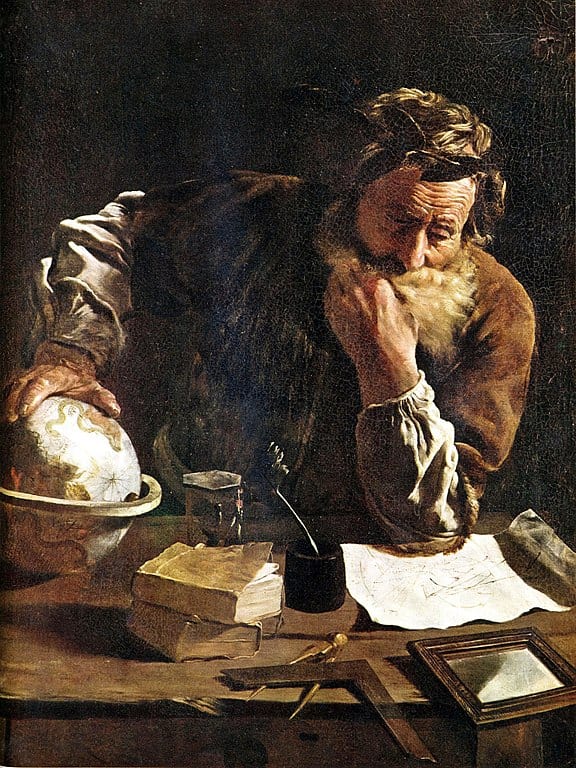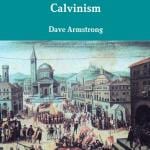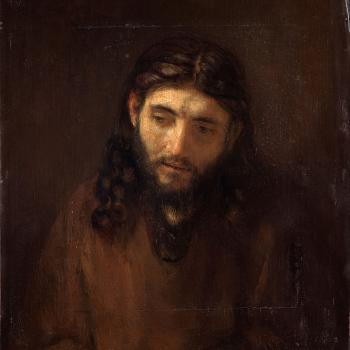
This question came from “VicqRuiz”: who has described himself as an “agnostic / deist.” He asked:
We know a lot more about the nature of the physical universe than we did then. Why is it that we seem to know little more about God than we did then? Why is there not a Scotus, an Aquinas for the 21st century, why do so many (particularly Catholic) apologists seem to be stuck re-interpreting and re-re-explaining the works of the scholastics?
My reply is as follows:
Great question. I would say it is because most of the basic, fundamental knowledge of God was obtained through revelation, which we had in our possession in its fullness (so we believe) in the first century (but finally determined and canonized by the 4th).
There is development of doctrine, though, in which we continue to learn more about God and about doctrine and theology all the time. Examples of relatively recent insights would be ecumenism, the theology of the body, and even the recent proclamation about capital punishment. Catholic theology has long advanced beyond merely reinterpreting Aquinas. That’s only one philosophical / theological school of thought.
Pope St. John Paul II, for example, was essentially a phenomenologist / personalist in philosophy. The former was founded in the early years of the 20th century by Edmund Husserl.
So yeah, theology “looks back” in a way that science by nature does not (though science continually builds upon — assumes — theories that are often hundreds of years old, too). But theology is also ever-developing, in its own way.
We could also make analogies to something like geometry, developed by the ancient Greeks: starting with Thales of Miletus (c. 624 – c. 546 BC), down through Pythagoras (c. 570 – c. 495 BC), Euclid (fl. 300 BC), and Archimedes (c. 287–212 BC).
We haven’t learned much more about it in all the time since, have we? But it remains just as true and useful in its observations of the universe as it ever was.
***
***
(originally 8-9-18 on Facebook)
Photo credit: Archimedes Thoughtful, by Domenico Fetti (1589-?) [public domain / Wikimedia Commons]
***













